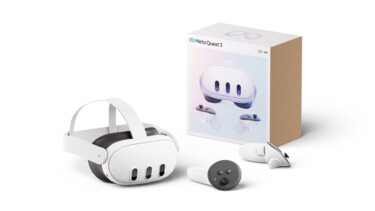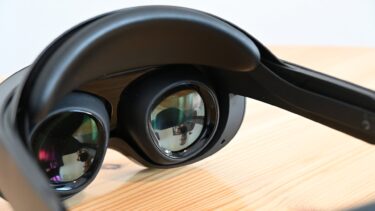Meta is said to have drastically lowered sales projections for Meta Quest 3, according to a well-known supply chain analyst.
In a blog post on Medium, Ming-Chi Kuo writes:
“The original shipment forecast for Quest 3 in 2H23 was set at over 7 million units. However, due to anticipated weak demand, the current shipment forecast for 2H23 has been cut to between 2–2.5 million units, with shipments in 2024 estimated at around 1 million units.”
Kuo also writes that Meta’s headset sales continue to decline, which is not a surprising finding.
The analyst expects Meta to sell 3.5 million Quest headsets this year, 50 percent fewer than last year. And he believes the negative trend could continue through 2024.
Is Meta Quest 3 mainly for enthusiasts?
The biggest sales obstacle for Meta Quest 3 will be the price: The new headset costs $500, a whopping $200 more than the Meta Quest 2, which will remain on sale through the upcoming holiday season and beyond.
The Quest 3’s biggest selling point is its mixed reality capabilities. The question is whether consumers even know what the technology offers, and secondly, whether they want it. Virtual reality, on the other hand, is probably a familiar concept to most.
It will be clear to Meta that it is primarily enthusiasts who will buy Quest 3, as indicated by statements from a leaked Meta presentation. 7 million units in 2023? That seems too high, while a sales forecast of 3 to 3.5 million units by the end of 2024 seems too pessimistic. From what we know about the device so far, it offers tremendous value for the price, but no exclusive titles (for now).
A low-cost headset could be coming in 2024
According to the above leak, Meta will launch a lower-cost headset codenamed Ventura next year to replace the aging Meta Quest 2. “The goal for this headset is very simple: pack the biggest punch we can at the most attractive price point in the VR consumer market,” a Meta manager reportedly said.
There are no technical details on the device. Meta could incorporate the new, more powerful chipset from the Meta Quest 3, but forgo the mixed reality sensors to reduce manufacturing costs. But that is pure speculation at this point.
Even more important than sales numbers is an active user base. Many Quest headsets are only used for the first few weeks and then disappear into the closet. The devices need to be easier and faster to use, with better software, to keep users coming back and spending money on apps. That’s the only way to keep the ecosystem alive.
Source: Mixed News





